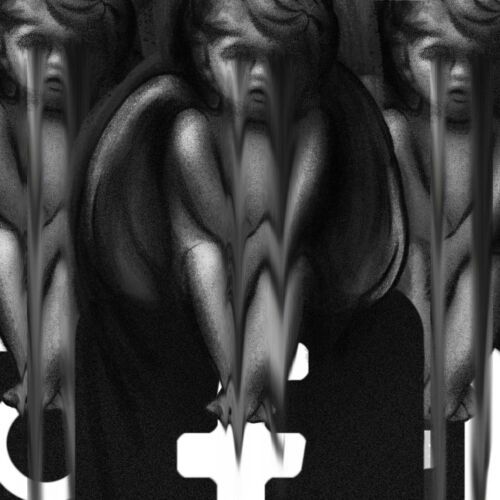Changes in the educational system and censorship in American schools
Are more accessible criteria for getting a good grade, less homework, the elimination of penalties for not submitting it and being late for lessons, and programmes to make it easier to complete subject courses the reasons for students’ poorer education? This is what some US teachers believe. At the same time, between 2001 and 2016, the percentage of 18- to 24-year-olds who have completed high school increased from 85 to 93%. This education policy reduces the high cost of dropping out of high school borne by the individual and society without reducing the intrinsic value of completing high school. A diploma obtained more easily can also positively impact the student’s further education and career prospects.
Censorship returns in US schools. PEN America has documented over 2,500 bans on books published in 32 states in the 2021/2022 school year. These books address issues of race, gender, LGBTQ+ identity and US history. Organised activist groups have turned school board meetings into political battlegrounds, threatening teachers and undermining students’ learning freedom. Nadine Faride Johnson, managing director of PEN America Washington, says, “These attempts to censor books are an affront to the elementary principles of free speech and freedom of inquiry, the foundations of American democracy”.
In the context of education reform, the Indian authorities have passed a bill allowing foreign universities such as Yale, Oxford and Stanford to set up campuses and award degrees. Institutions will have the autonomy to recruit tutors and personnel.























